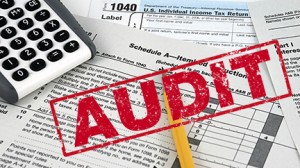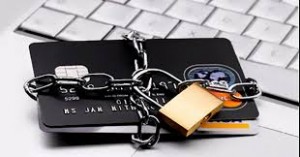 It’s tempting in today’s tight economy to put off the routine maintenance and repairs that every house requires. But delaying may cost you more in the long run. Little problems tend to grow into large problems when they are ignored.
It’s tempting in today’s tight economy to put off the routine maintenance and repairs that every house requires. But delaying may cost you more in the long run. Little problems tend to grow into large problems when they are ignored.
As a rule of thumb, the cost for regular inspection and maintenance is $200-$300, depending on where you live.
Maintain Heating & Cooling Systems
Spring or fall are the best times to call in heating, ventilation and air conditioning experts for such inspections. They are less busy than at the height of the hot or cold seasons. An inspection could avoid such problems as:
- A poorly working furnace blower. To repair or replace, the cost is about $100 to $150. Ignoring the little problem can result in a broken heat exchanger, which could cost from $300 to $1,000 to replace.
- A broken reversing switch in the heat pump. The cost to repair or replace is $100-$300. If ignored, the system switches from the heat pump to a more expensive auxiliary heat that will bring higher heating bills.
The average cost of an inspection is $65. Add another $85 or so for cleaning, including removal of built-up creosote, which could cause chimney fires. Annual service becomes a safety factor as well as keeping your furnace efficient.
Inspection may discover such things as the loss of a chimney cap, which will cost about $150 to replace. Otherwise, rain water can get into the chimney, damaging the liner and damper or even cause saturation damage in the mortar joints, problems that could cost $2,000 to $4,000 to remedy.
A cracked chimney crown may by repaired for $300 to $500 and caulking of flashing can be done for $80 to $100. Waterproofing exterior brick may add $350 to $600 to the maintenance bill, far less than if the damage is allowed to continue and rainwater and mold continue to do their work.
Inspect For Termites
Preventing damage from termites is another way to reduce eventual maintenance costs. The insects can damage trimming, framing, drywall, carpet, copper and other soft metals. Even swimming pool liners are not safe. The little pests cause more than $5 billion in damages to American homes every year. The cost of an inspection is a pittance compared with what it could cost you to repair termite damage. Inspections are recommended every one to three years.
Keep Decks In Good Repair
Keeping a wooden deck in good repair makes sense. Moss and mold can damage the wood and also make the deck slippery and unsafe. Any time the weather is dry and warm, have the deck power washed and then sealed will prevent water damage. Untreated, the deck may warp, loosening nails. A well-tended deck can last 20 to 30 years, experts say, at minimal cost.
Washer & Dryers
Thoroughly cleaning a dryer vent can improve efficiency and greatly reduce the potential for fire. If vents are clogged, the appliance may overheat, increasing that potential. Regular maintenance and cleaning are your best bets against incurring significant damage.
Cleaning Carpets
Every 12 months or so, carpets should be deep cleaned. The cost is in the range of 50 cents per square foot. More frequent treatment may be necessary for high-traffic areas. Over time, dirt can bind to the carpet, shortening its life. A clean carpet also offers healthful advantages such as reduction of pollen, bacteria and insecticides and other harmful substances that creep into your carpeting. The cost for premature replacement is about $3,000 for 1,000 square feet of carpeting.



